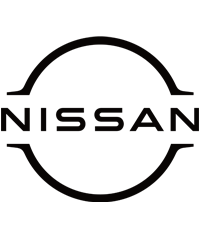Carlos Ghosn is one of the most powerful men in the worldwide automotive industry. As the head of the Renault Nissan Alliance, he understandably knows a thing or two about the industry.
At this year’s Tokyo Motor Show, Nissan Insider was given the unique opportunity to hear him chat about some of the troubles his multi-national operation has faced this year and his hopes for the future.
The European crisis is getting worse by the day, what are your thoughts on this?
The trouble in Europe is so unpredictable now, so uncertain, that we do not try to even forecast what will happen. We’ve been looking at what is happening on the ground and we’ve spotted that orders have been dropping. The moment orders start to slow it means there is trouble ahead. These orders are sales that should be taking place in January and February, so we can already see the market will be hit at the beginning of next year.
Do you think there’s a solution to the problems or are we heading for disaster?
I think the current slow down will accelerate if this current volatility and doom scenario continues into the next week. I find it hard to imagine that with so much knowledge and wisdom in Europe that it will end in Armageddon. At Nissan we are not disregarding anything, but I honestly think the likelihood of Armageddon is still pretty low.
It’s clear that 2012 will not be good, but the chance of a strong recession is not high. It’s not impossible, more improbable. We are forecasting a negative year in Europe, but the question on everyone’s lips is how much of a drop we will see.
What is your view on the future of propulsion for cars – is it EV, hybrid or combustion engines?
I don’t think the future will just be dominated by one technology. Why? Because every technology is currently being adapted for individual cars. That’s why in our own line-up we have hybrids and EVs alongside combustion-engined cars. Predicting the future is a complicated business, but I don’t think there will be one technology that takes over from combustion engines in the near future.
Nissan has obviously been pushing electric cars hard, what sort of slice of the market do you think they eventually capture?
Alternative fuels will eat up on the combustion engine as we go forward. Today we have 75m cars sold worldwide and 30-40,000 of those were electric cars. You have this huge gorilla commanding 99 per cent of that market, and that’s normal combustion engines, then 0.9 per cent is hybrid and the rest EVs – electric cars are merely a grain of sand. But as we go on, the cost of oil and climate change will see sales increase. Within 10 years I can see electric cars taking up to 10 per cent of the market.
That’s quite a difference, what will force that change in consumers?
Governments agreed to reduce global temperatures by two degrees and they are currently rising by six. The pressure on reducing CO2 emissions will grow and the need for technologies that can help achieve this will increase. The only affordable alternative for the auto industry is electric cars. Yes, we have another coming soon, the fuel cell, but that isn’t affordable yet. Governments across the world are likely to take a strong stance on supporting electric vehicles soon and this will help their growth.
How did the earthquake and tsunami change Nissan?
It didn’t change strategy, but it did change processes, organisation and mindsets.
A crisis can happen and you don’t know where and when it will come from. Some people were whinging as we dealt with the recession after the Lehman Brothers collapse, but when March 11 happened that all stopped. This was something we could not do anything about and we had to get on with it.
I am proud of the solidarity shown by Nissan and our people worked hard to recover our plans from disaster. Their work means we will now actually benefit from some of those changes. Disasters can hit you from anywhere, at any time, so you just have to stay sane and keep moving forwards.






